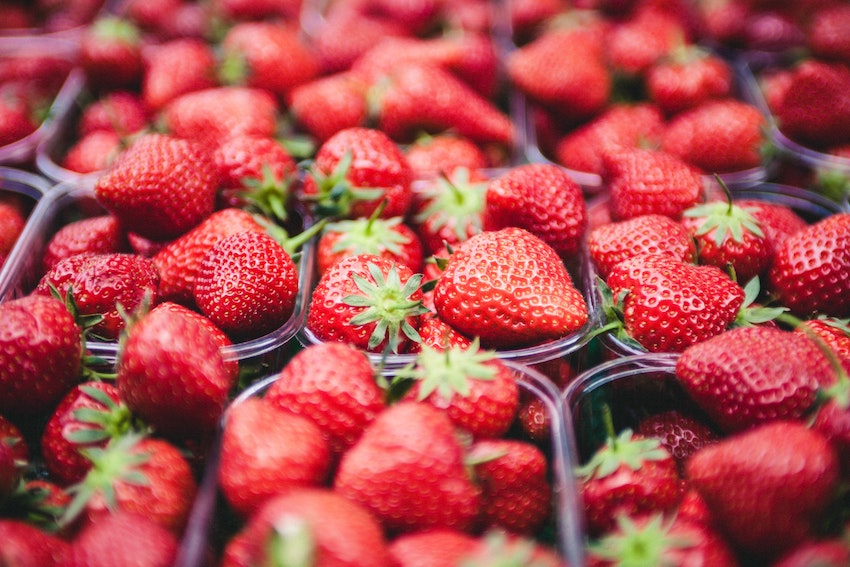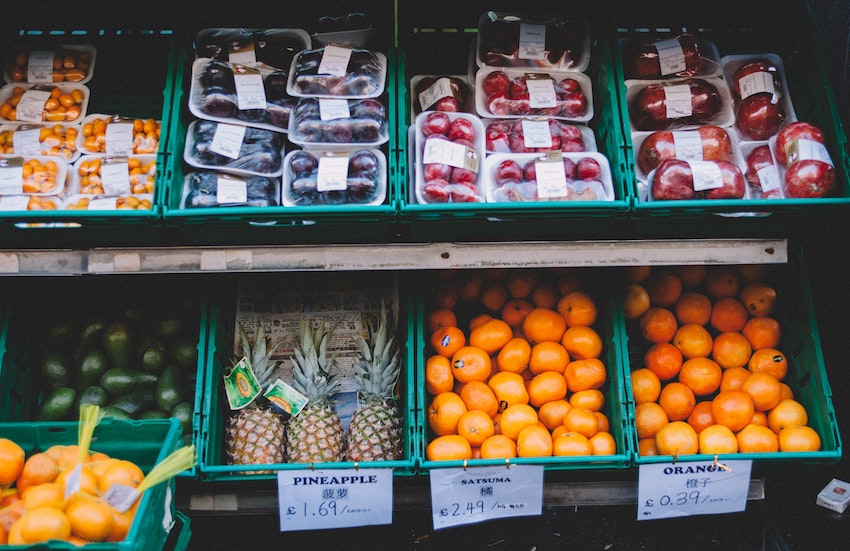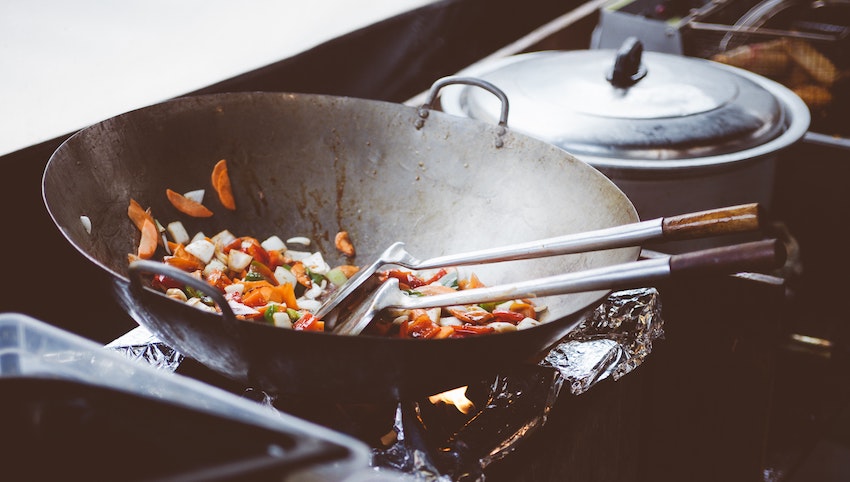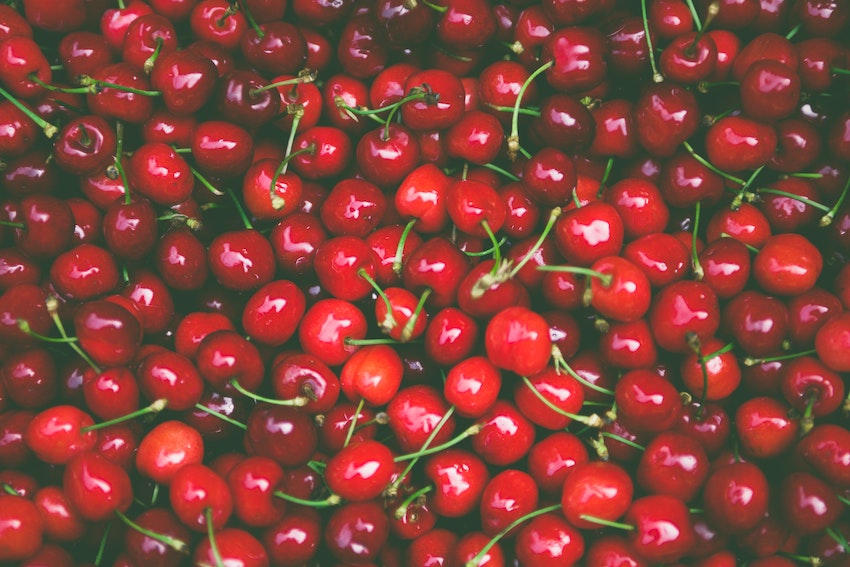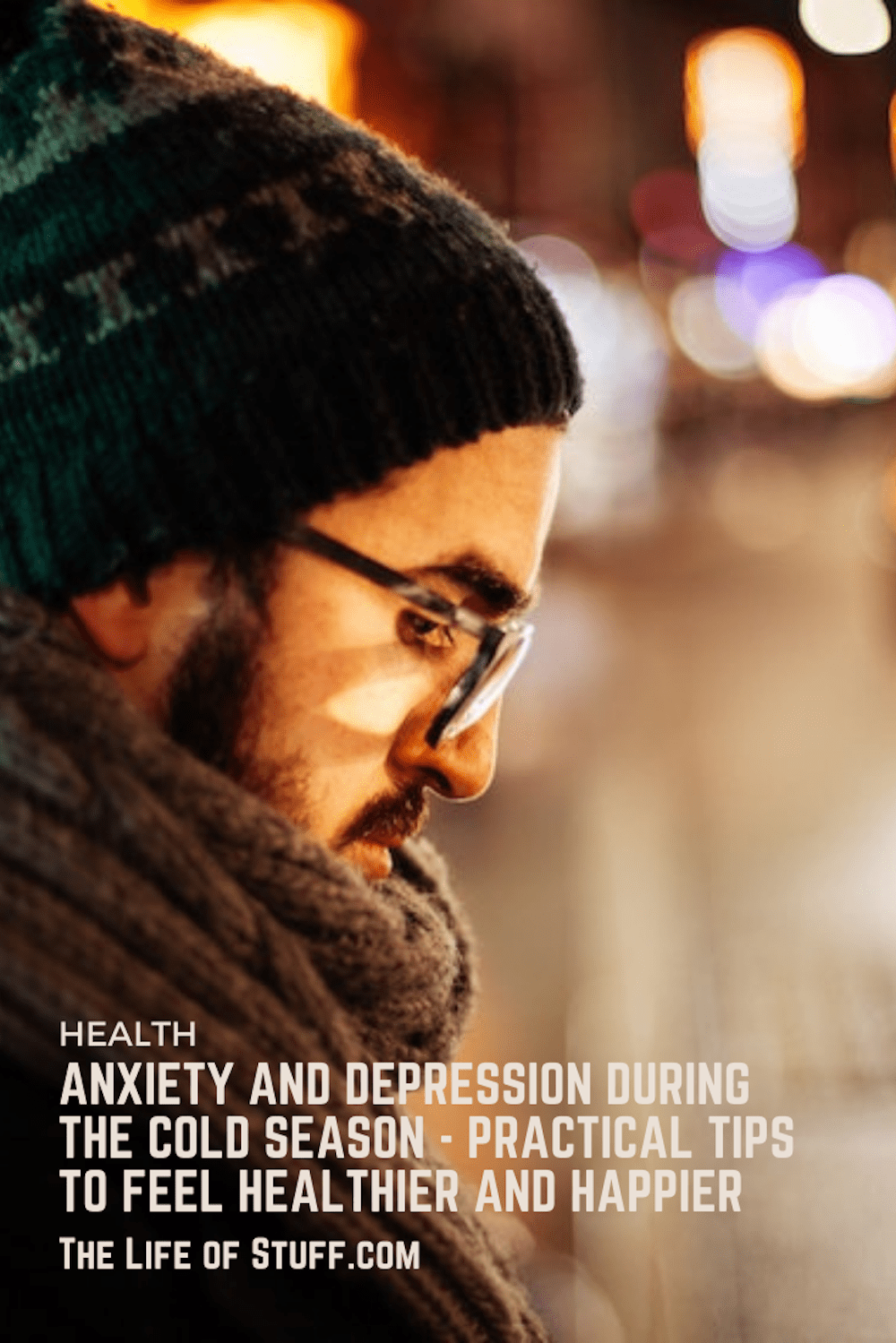Anxiety and Depression During the Cold Season?
Practical Tips to Feel Healthier and Happier During the Cold Season
Cold, dark nights are enough to impact anyone’s mood. Shorter days can trigger Seasonal Affective Disorder (SAD) and long-term anxiety and depression more during the cold season.
Motivation to simply get up in the morning can be a sure sign that the colder months are taking a toll on your health and wellbeing. So what can you do to feel healthier and happier when feelings of hopelessness and worthlessness are rearing their ugly heads in your life?
With the proper support and strategies in place, you can tackle your anxiety and depression head-on. Here are a few practical tips to get you started:
Try To Get Out More
As soon as the winter or cold season hits, it’s easy to go into “hibernation mode.” We crave warmth, comfort and leaving our homes seems more effort than it’s worth, especially when harsh, bitter winds and skin chapping weather greets us outside.
When your physical activity is decreased, simple body functions such as blood flow are inhibited. Inflammation is caused, and depressive symptoms can take root. Your daily intake of vitamin D also takes a hit, and your ability to absorb the much needed, essential vitamin impacts your dopamine and serotonin levels. In short, your body struggles to maintain healthy levels of neurotransmitters due to a lack of sunlight.
Although it’s increasingly difficult to step out the front door during winter and early spring, your mental health and wellbeing will thank you for it in the long run. So whether you wrap up warm for a walk or get jogging, an increased heart rate will help increase blood flow around your body.
Take A Look At Your Diet
When you feel lethargic and unmotivated, it’s easy to grab the next sugar-filled snack to keep you going. While there’s nothing wrong with indulging yourself every once in a while, maintaining a healthy diet is the key to feeling healthy.
As your activity levels are less during the colder months, the best way to combat winter anxiety and depression is to take a look at your diet:
- Low sugar diet: swapping high sugar snacks and treats for their low sugar alternatives will instantly improve your diet
- Reduce your caffeine intake: need a coffee or two to keep you going throughout the day? According to the FDA, when we become dependent on a substance such as caffeine to give us an energy boost, our general health and well-being can be impacted. Too much can cause insomnia, diarrhoea, headaches, nausea, and, you’ve guessed it, anxiety
- Eat your five a day: to give your immune system a fighting chance during the winter months, eating your five fruit and veg a day at a minimum will provide your body with all the essential nutrients and vitamins it needs to function properly
Know Your Essential Vitamins
Knowing your essential vitamins will give you the best foundation for staying healthy and happy during the cold season:
Vitamin C
A powerful antioxidant that protects cells, maintains healthy bones, cartilage and skin, and encourages wound healing. It also allows your body to absorb iron to support your oxygen-carrying red blood cells.
You are likely to experience fatigue, tiredness, depression, and, although rare, contract scurvy with a Vitamin C deficiency.
Vitamin C rich foods include:
- Citrus fruits like oranges, limes, lemons, guava
- Strawberries, blackcurrants and blueberries
- Broccoli, spinach
- Bell peppers
- Potatoes, sweet potatoes
For extra immune system support, you can take a daily liposomal vitamin C supplement or multivitamin.
Vitamin A
Supports your body’s natural defence against illness and infection, allows you to see in dim light and keeps your skin and some linings of the body such as your nose healthy. Try to include:
- Cheese, eggs, milk and yoghurt
- Fortified low fat spreads
- Oily fish
- Liver and liver products – not recommended if you are pregnant
Vitamin A is also known as retinol, which can be found in beta-carotene rich foods such as:
- Yellow, red and green leafy vegetables like curly kale, sweet potatoes, carrots and red peppers
- Yellow fruits like apricots, mango, and papaya
Vitamin D
Essential to support healthy bones, teeth and muscle. As we mentioned above, a lack of Vitamin D can heavily impact your mood, so make sure to get out as much as possible and take a supplement if needed.
Vitamin D rich foods:
- Oily fish – salmon, mackerel, herring
- Red meats
- Liver
- Egg yolks
- Fortified cereals, milk and fat spreads
Vitamin B
Vitamin B is an incredibly complex vitamin that not only supports your nervous and immune systems but helps your body break down the energy from food. Thiamin, niacin, riboflavin, folate, folic acid, biotin, pantothenic acid, B12 and B6 are all essential foundations to your diet.
Try and include a wide variety of the following:
- Peas
- Whole grain bread and fortified cereals
- Liver
- Fresh fruit like bananas and oranges
- Milk and eggs
- Plain yoghurt
- Mushrooms
- Meat and fish
- Avocado
- Oats, wheat germ
- Peanuts
- Leafy greens – spinach, curly kale, cabbage and spring greens
- Broccoli and Brussel sprouts
Other essential vitamins and nutrients to be aware of
Immune systems supporting vitamins like vitamin K and E, calcium, iodine, selenium and iron are all vital to maintaining a healthy mind and body. With a well balanced, healthy diet, you will ensure you have covered all the basics.
Talk About It
Withdrawing into yourself during the colder months goes hand in hand with increasing anxiety and depression symptoms. Try to maintain relationships with your friends and family; they may well be your only lifeline when you feel overwhelmed by your circumstances, worries, or when nothing seems to be going right.
Having a network of support around you to address your anxiety and its triggers will help you get through the colder months.
Further Reading: 3 Easy Ways To Boost and Improve Your Mental Health
Overcoming anxiety and depressive thoughts and feelings during the colder months is no small feat. Having a supportive network around you that will encourage and listen to you can be a lifeline. From healthy eating to getting out more, you can put a lot of strategies in place to get out the other side. Are you up for the challenge?
Photos by Clem Onojeghuo
PIN: Tips to Feel Healthier & Happier During the Cold Season
Follow The Life of Stuff on Facebook | Twitter | Pinterest | Instagram



